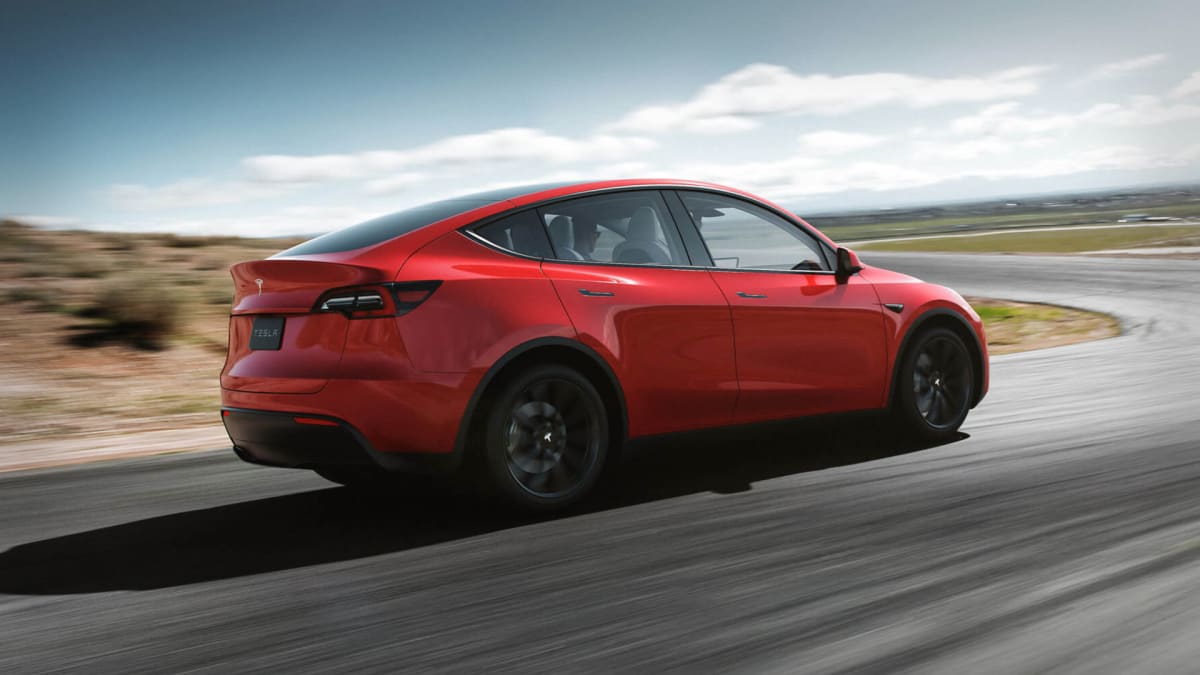
The probes are piling up for Tesla.
The manufacturer of electric vehicles is the subject of investigations by regulators on Autopilot, its driver assistance system, after fatal accidents.
To be precise, it is the Full Self Driving (FSD), the advanced option of the Autopilot, which is targeted. Regulators want to determine whether FSD was active at the time of the accidents under investigation.
In addition, the Department of Justice and the U.S. Security and Exchange Commission are trying to determine whether Tesla misled consumers and regulators over how Autopilot performs.
All these investigations are ongoing.
Full Self-Driving System Targeted
FSD critics accuse Tesla and its charismatic CEO Elon Musk of making the system appear to make Tesla cars self-driving, meaning they can drive themselves.
Self-described tech billionaire Dan O'Dowd has been calling on regulators for months to ban FSD. His company, Green Hills Software, makes automation technology for the defense and airline industries. The Santa Barbara, Calif.-based firm also creates software for electric cars, and it is making the self-driving software for the BMW iX, a Tesla rival.
"Watch The Dawn Project’s #SuperBowl ad demonstrate critical safety defects in @Tesla Full Self-Driving," O'Dowd tweeted last month. "6 months ago we reported FSD would run down a child. Tesla hasn't even fixed that! To focus their attention, @NHTSAgov must turn off FSD until Tesla fixes all safety defects."
Musk and Tesla (TSLA) have already denied these accusations on several occasions, explaining that FSD has already saved lives.
"In 2014 a model S owner fell asleep at the wheel and killed cyclist. If there was even basic autopilot in 2014, the cyclist would still be alive. We got to get a move on here as it’s a real safety issue," Musk told Twitter account 'Tesla Owners Silicon Valley,' ran by Tesla owners and fans.
'Sudden Separation Occurred'
Tesla also indicates that it never said that FSD made a vehicle autonomous.
"All Tesla vehicles require active driver supervision and are not autonomous," the Austin, Texas-based company says on its website. "With the FSD computer, we expect to achieve a new level of autonomy as we gain billions of miles of experience using our features."
"The activation and use of these features are dependent on achieving reliability far in excess of human drivers, as well as regulatory approval, which may take longer in some jurisdictions."
In addition to the investigations linked to the FSD, Tesla is now seeing the start of a new battle. Federal regulators are investigating steering wheels coming off while driving. The defect was found on Model Y SUVs model year 2023. The Model Y is one of Tesla's bestsellers.
"The Office of Defects Investigation (ODI) is aware of two reports of complete detachment of the steering wheel from the steering column while driving in 2023 Model Year Tesla Model Y vehicles," the National Highway Traffic Safety Administration (NHTSA) said on its website.
The regulator added that both vehicles were delivered to the owners, missing the retaining bolt which attaches the steering wheel to the steering column, and that they also received an end-of-line repair, requiring the removal and re-installation of the steering wheel.
"A friction fit maintained the connection between the steering wheel and the column splines during operation until separation," NHTSA said. "Sudden separation occurred when the force exerted on the steering wheel overcame the resistance of the friction fit while the vehicles were in motion. Both known incidents occurred at low vehicle mileage."
The federal regulator said it's going to "assess the scope, frequency, and manufacturing processes associated with this condition." NHTSA added that it is not aware of a crash linked to the fault. The two incidents also did not cause injury.
Tesla did not immediately respond to a request for comment. The company doesn't have a media-relations department.
The carmaker had to recall 362,758 vehicles last month, after NHTSA said its driver assistance system could increase the risk of a crash. Also in February, Tesla had to recall 3,400 Model Year 2022 and 2023 Model Ys due to concerns that the rear seats could come loose.
The Model Y is a key vehicle for Tesla. It was the best-selling electric vehicle in the world in 2022.







